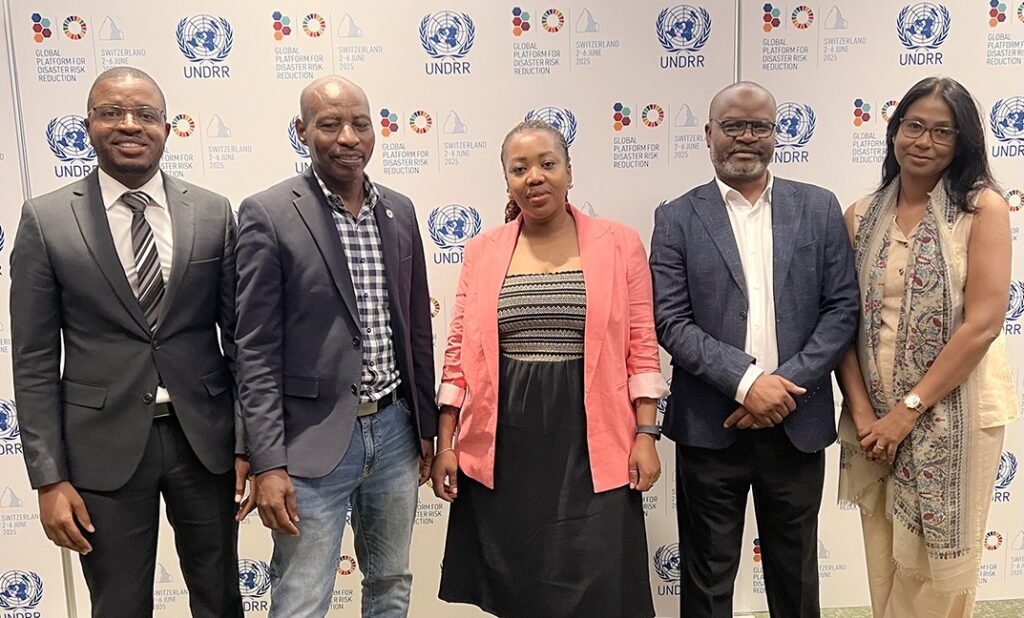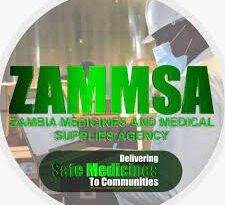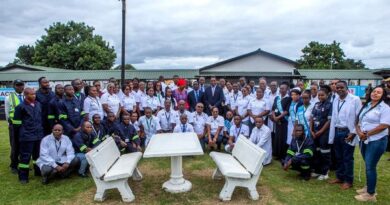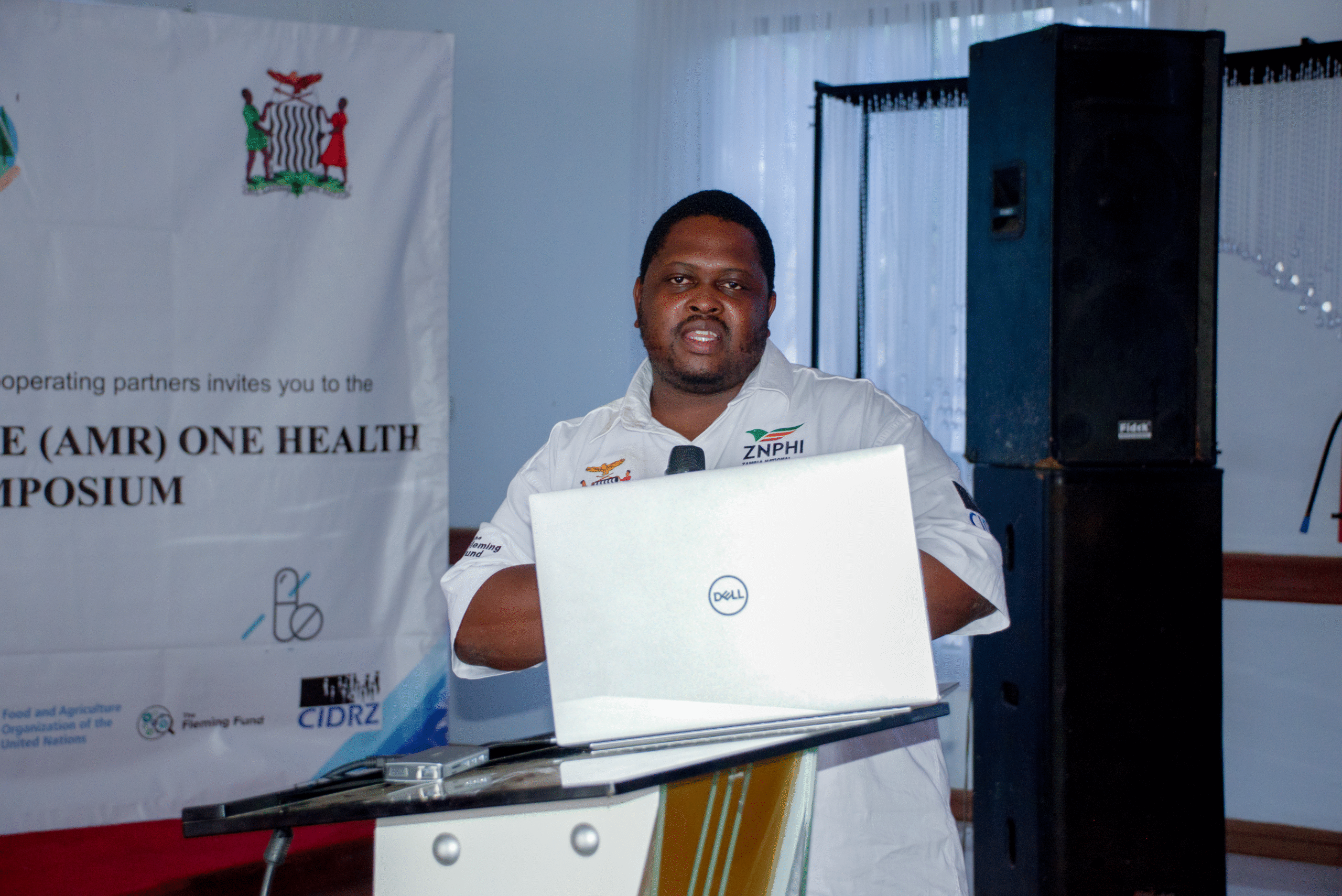SADC Reaffirms Commitment to Resilience and Disaster Risk Reduction at GP2025
The Southern African Development Community (SADC) has reaffirmed its regional and global commitment to building resilience and strengthening disaster risk governance at the 2025 Global Platform for Disaster Risk Reduction (GP2025).
Held from June 2 to 6 in Geneva, Switzerland, under the theme “Every Day Counts, Act for Resilience Today,” the forum brought together governments, civil society, development partners, and private sector leaders to accelerate progress on the Sendai Framework, the Paris Agreement, and the Sustainable Development Goals (SDGs).
As climate shocks, humanitarian crises, and transboundary risks continue to escalate across Southern Africa, SADC used the platform to share its experiences, highlight progress, and identify gaps in implementing regional disaster risk strategies.
Anchored by its Disaster Risk Management Strategy and Action Plan (2022–2030) and Resilience Framework, SADC showcased regional initiatives focused on risk-informed development, sustainable disaster financing, and community-led innovation.
The GP2025 offered SADC Member States an opportunity to engage in strategic dialogue and peer exchange with other countries, evaluate progress toward DRR goals, and secure vital resources for resilience-building. The region also articulated its shared priorities in the Draft Africa Common Position, emphasizing inclusive recovery and innovations tailored to African and landlocked contexts.
Speaking at the forum, His Excellency Mr. Ignazio Cassis, Switzerland’s Minister of Foreign Affairs, called for the integration of traditional knowledge with emerging technologies such as artificial intelligence and predictive analytics to enhance disaster preparedness.
He underscored the importance of national and local ownership in DRR efforts, stating that “thinking globally, acting locally is not a slogan—it is a requirement.”
UN Deputy Secretary-General Ms. Amina J. Mohammed emphasized the need for global solidarity and urgent action, citing findings from the 2025 Global Assessment Report. The report highlighted that annual direct losses from disasters now stand at $202 billion, while ecosystem-related losses exceed $2.3 trillion. She reaffirmed international commitments under the Sendai Framework and called for accelerated implementation of early warning systems for all by 2027.
Throughout the week, SADC actively participated in high-level meetings, thematic sessions, side events, and knowledge-sharing platforms. These engagements allowed the region to learn from global best practices and strengthen alliances for resilient recovery.
Discussions emphasized the importance of linking disaster preparedness with long-term development and peacebuilding efforts, known as the humanitarian-development-peace nexus.
SADC has pledged to scale up integrated early warning systems, improve urban resilience through risk-informed planning, and empower local communities to lead resilience efforts.
Guided by its Vision 2050 and the Regional Indicative Strategic Development Plan (RISDP) 2020–2030, the region is committed to fostering inclusive, accountable, and locally-driven disaster risk management systems.
As GP2025 concludes, the outcomes are expected to inform global DRR efforts by consolidating implementation progress, issuing tailored policy recommendations, and reaffirming political commitment.
For SADC, the event marked a significant milestone in its journey toward transformative, climate-resilient development—one that leaves no country and no community behind.



